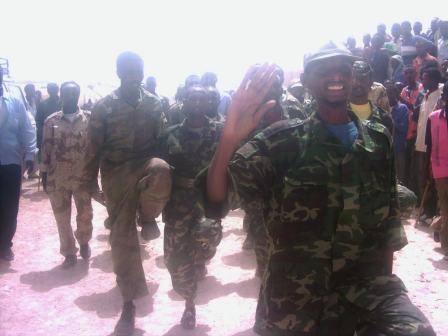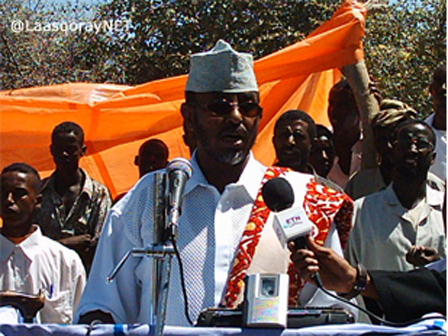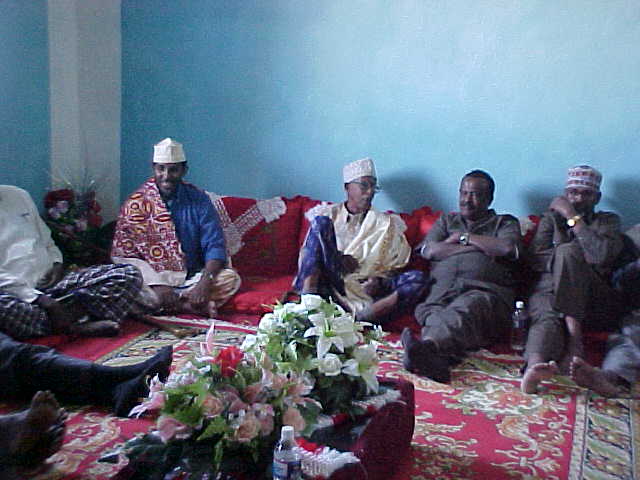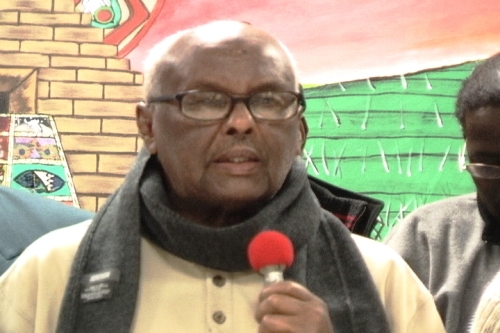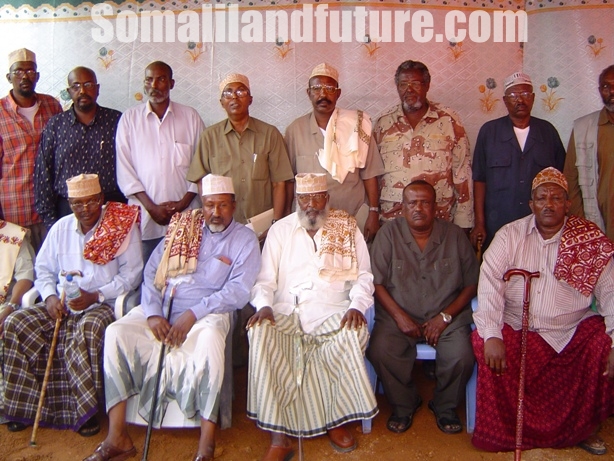|
The Fall of Sanaag |
|
T H E F A L L O F S A N A A G
Laasqorey, Makhir Seaport
Colonel Jibril Ali Salad, President of Maakhir State
Puntland Vice President, Hassan Dahir Mohamud (Afqudhac)
Former Puntland Minister, Ahmed Abdi (Xaabsade)
Somaliland, Puntland Tense Africa Research Bulletin: Political, Social and Cultural Series. Oxford: Nov 2007. Vol. 44, Iss. 10.
As Puntland loses its grip, another area, Maakhir, declares independence.
A peculiarity of Somalia is that while the south of the country, including its broken capital, Mogadishu, has burned, the north has been stable. Now, to the horror of those trying to put Mogadishu back together again, the north is beginning to crack too. Fighting has broken out between Somaliland, the northern strip that has been virtually independent of the rest of the country for some 16 years, and Puntland, a semi-autonomous territory in the north-east. Somaliland says it has driven Puntland forces out of La Anood, a town in the disputed Sool region, killing six Puntlanders and injuring or capturing another 40-plus. Puntland says its soldiers have retaken the town. Yet another war seems to be breaking out.
Sool is split between sub-clans backing either Somaliland or Puntland, while some of them want autonomy for Sool itself. Somaliland, a former British colony that was separate from the larger parts that were run by Italy, declared independence in 1991 and has since sought international recognition. Puntland's sense of identity is less strong; it has seen itself as a building block for a future federal Somalia.
But Puntland is losing its grip. The Sool dispute has been compounded by the secession of much of the Sanaag region from Puntland, to form yet another self-governing entity in the north. Drawing on its history as a sultanate, Sanaag declared independence in July, renamed itself Maakhir, and chose Badhan as its capital. Tension between Maakhir and Puntland is high.
A still worse headache for Puntland is the departure of its strongman, Abdullahi Yusuf Ahmed, to become president of Somalia. He ran Puntland with authority and ambition, grandiosely hoping to turn it into the Horn of Africa's Dubai. When he went south, he took with him a lot of Puntland troops, vehicles, weapons and ammunition. Their departure emboldened other northerners with dreams of secession or autonomy, and may give Somaliland the edge if the dispute over Sool leads to war. (The Economist, [UK], 6/10)
Maakhir consists of four districts of Sanaag, one of the regions of Somaliland claimed by Puntland; the other is Sool.
The Badhan, Erigayo, Dhahar and Laasqorey districts are dominated by the Warsengeli, one of the three clans that make up the Harti/Darod, around whom Puntland was set up. The others are the Dhulbahante in Sool and the Majerteen, who formed Puntland and are in the majority there. Puntland's Presidents have been Abdullahi Yusuf Ahmed (since 2004, President of the TFG in Somalia) and, since 2005, Mohamud Musa Hersi ‘Adde’. Both are Majerteen and have used their Harti clan links to persuade Warsengeli and Dhulbahante sub-clans to back Puntland rather than Somaliland.
Puntland is in disarray. Adde Musa faces re-election in 2008 and is at odds with the local parliament. It is widely believed that inflation has been caused by government counterfeiting of Somali shillings, whose value fell by 30% within a few weeks in mid-year. Adde blames local businessmen and did not turn up to answer parliamentary questions on economic problems, including the non-payment of salaries to civil servants and the security forces. He wants the Attorney General to bring charges against the Speaker of Parliament, Ahmed Ali Hashi.
Oil Deal Behind Political Tension
After previous disagreements, Adde has, in 2007, demonstrated strong support for his predecessor, the TFG President Abdullahi Yusuf, with his problems in Mogadishu. Puntland militiamen have been sent to Mogadishu to strengthen the TFG. Yet Adde, like Abdullahi, is at odds with the TFG Prime Minister, Ali Muhammad Gedi (p. 17268). A big issue is an oil exploration deal signed in 2005 with an Australian company, Range Resources, and its partner, Africa Oil, to which Adde granted 80% ownership of concessions in the Nugal valley. Abdullahi recently granted concessions in Mudug, further south, to China National Oil Corporation (CNOOC) and China International Oil and Gas. Ali Mohamed claims that only his Federal Government has the right to grant concessions and hopes to pass a petroleum law including production-sharing agreements, which would cancel deals signed after 1990. He wants Western oil majors to return to concessions they held in the 1980s. They include Chevron, ConocoPhillips, British Petroleum, Shell and ENI, none of which appears interested.
The Range Resources concession extends over the territories of Sool and Sanaag, complicating the Puntland government's relations with them. In 2006, there were several attacks on Range Resource teams in Sanaag, not because Warsengeli clan leaders are against exploration but because Adde had not sought their approval. Other clashes have arisen over charcoal exploitation by Majerteen merchants from Bosasso. It was in July that a meeting of Warsengeli sultans and elders at Badhan declared the autonomous state of Maakhir, with Colonel Jibril Ali Salad as President. It now has 17 cabinet members and a 38-member parliament. The Puntland militia based in Sanaag had not been paid for a year and did not resist. Maakhir may return to its pre-1998 links with Somaliland or make a deal either with Puntland or with the TFG.
In Sool, the Dhulbahante clans have been fighting each other, with Somaliland backing some, Puntland others. In mid-September, there was a fight about water in Las Anood. One side appealed to Colonel Abdi Samad Ali Shire, the Puntland army commander, a Sool man who promptly sent reinforcements. Adde, who returned to Garowe, Puntland's capital, on October 15th from visits to Ethiopia and Djibouti, may want to take a stronger line. The other side, led by Puntland's former minister of Security, Ahmed Abdi Habsade (Dhulbahante), called in Somaliland, which obliged but prudently.
With most of Puntland's militia busy in Mogadishu, Somaliland might have grabbed control of Las Anood. It held back, while supporting Habsade, who wants to control Las Anood himself and, with backing from Dhulbahante leaders, to declare yet another state called Daraawiish, after a celebrated Sayyid of the last century. Somaliland might be pleased to have a buffer between itself and Puntland or, indeed, Somalia. (Africa Confidential, London, 19/10)
Hawiye ceasefire: Prime Minister Ali Muhammad Gedi has reached a ceasefire agreement with elders of Hawiye clan and called on residents who fled from Mogadishu to return to their homes. (Radio HornAfrik, Mogadishu, 8/10: BBC Mon)
UN official released: The government freed the head of the United Nations’ World Food programme (WFP) for Somalia on October 23rd, after holding him for nearly a week, granting him bail but maintaining allegations that he had committed unspecified crimes.
Idris Osman, head of the WFP's operations in Mogadishu, was seized on October 17th by dozens of security agents who stormed his UN compound. Osman was released on bail but is still under investigation, an intelligence official said. (The Associated Press 24/10)
Media targeted and oppressed: The International Federation of Journalists (IFJ) has condemned the assassination on October 19th of a leading radio journalist in Somalia, where a wave of brutal and targeted attacks has claimed eight media victims in 2007. On the same day a number of incidents across the country suggested independent media face a new wave of intimidation.
The IFJ has joined its affiliate in the country, the National Union of Somali Journalists (NUSOJ), in protests over the killing of Bashir Nor Gedi, acting head of the Shabelle Media Network.
The same day Abdi Farah Jama Mire, Director of Radio Garowe, Mohammed Dahir Yusuf, producer, and Isse Abdullahi Mohammed, the radio's editor were arrested and detained by heavily-armed Puntland security forces and the radio station closed. Later Abdi Mire and Dahir Yusuf were released.
Earlier in the day Abdirashid Abdulle Abikar, a photojournalist working with the Agence France Presse news agency was briefly arrested by security agents of the Transitional Federal Government. Following hours of questioning he was released. (Shabelle Media Network, Mogadishu, 22/10).
Maakhir Landscape
The Warsangeli Sultan
Mohamud Musa Hersi ‘Adde’ and Warsangeli Elders
Former President of Puntland, Mohamed Abdi Hashi
|
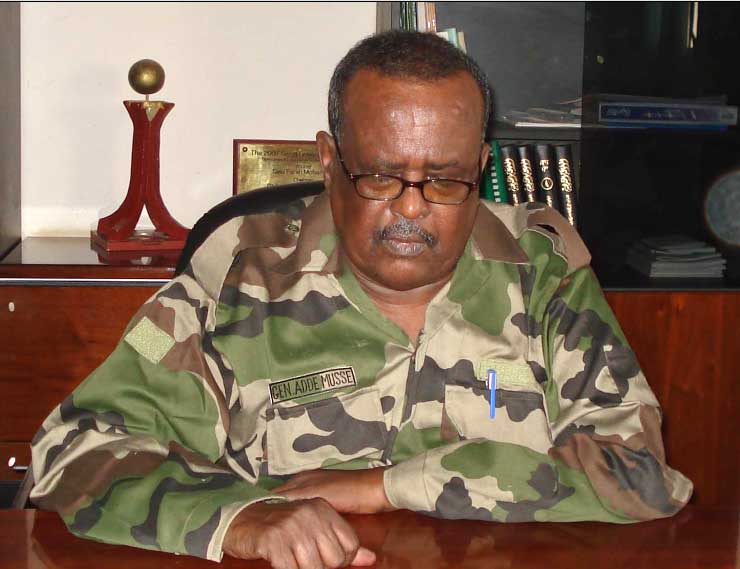
.jpg)
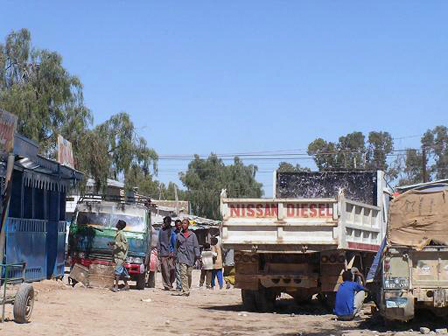
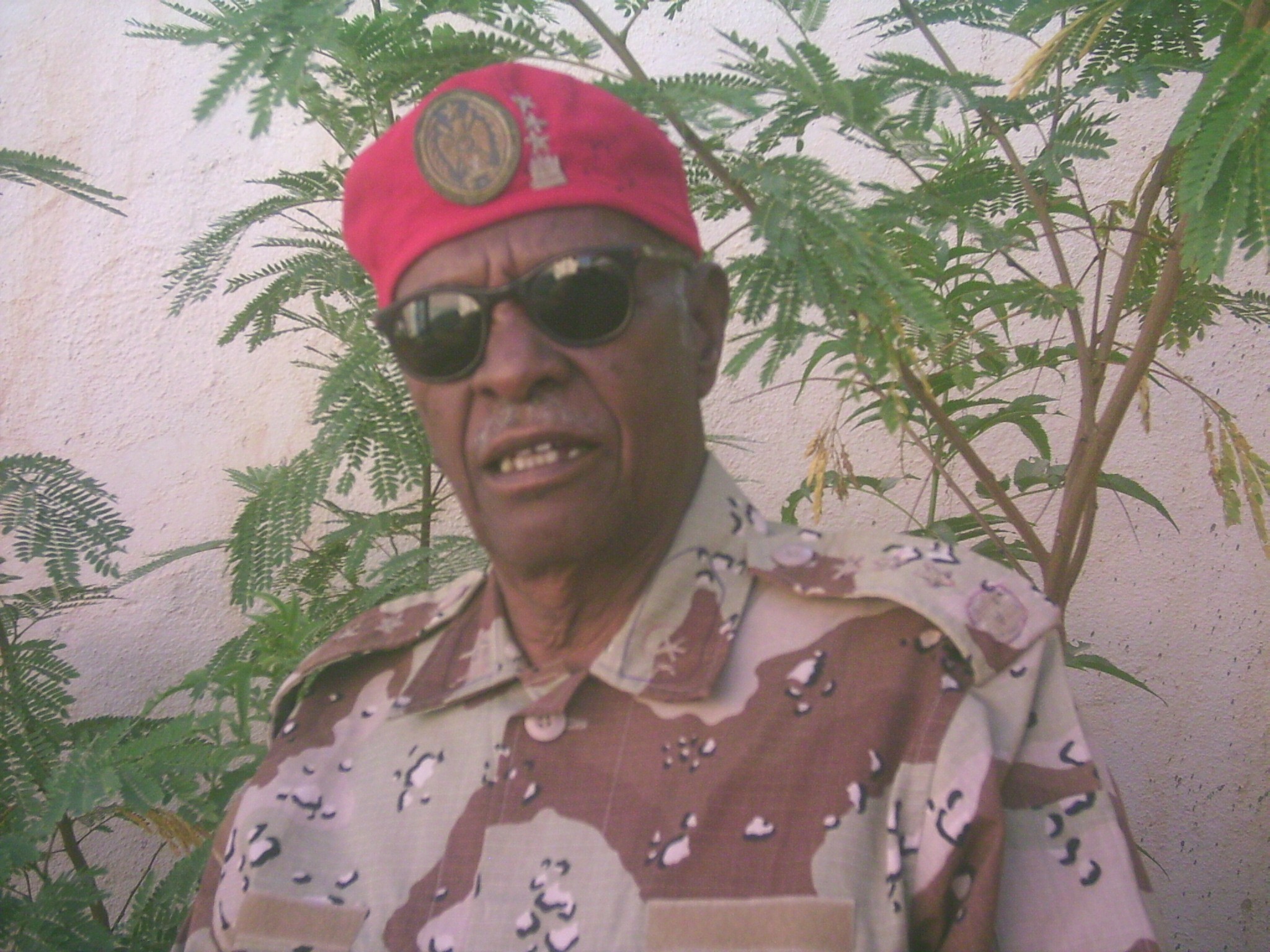
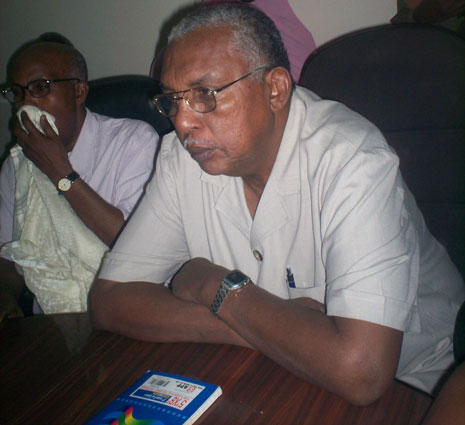
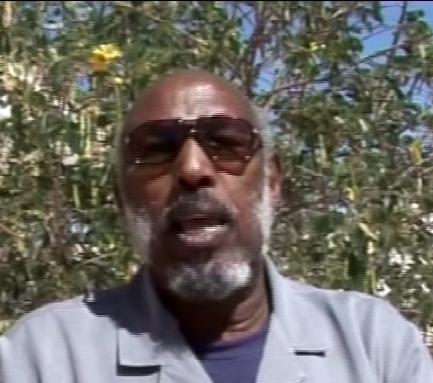
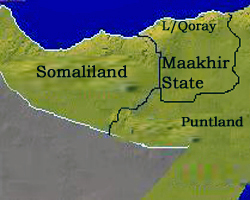
.jpg)
